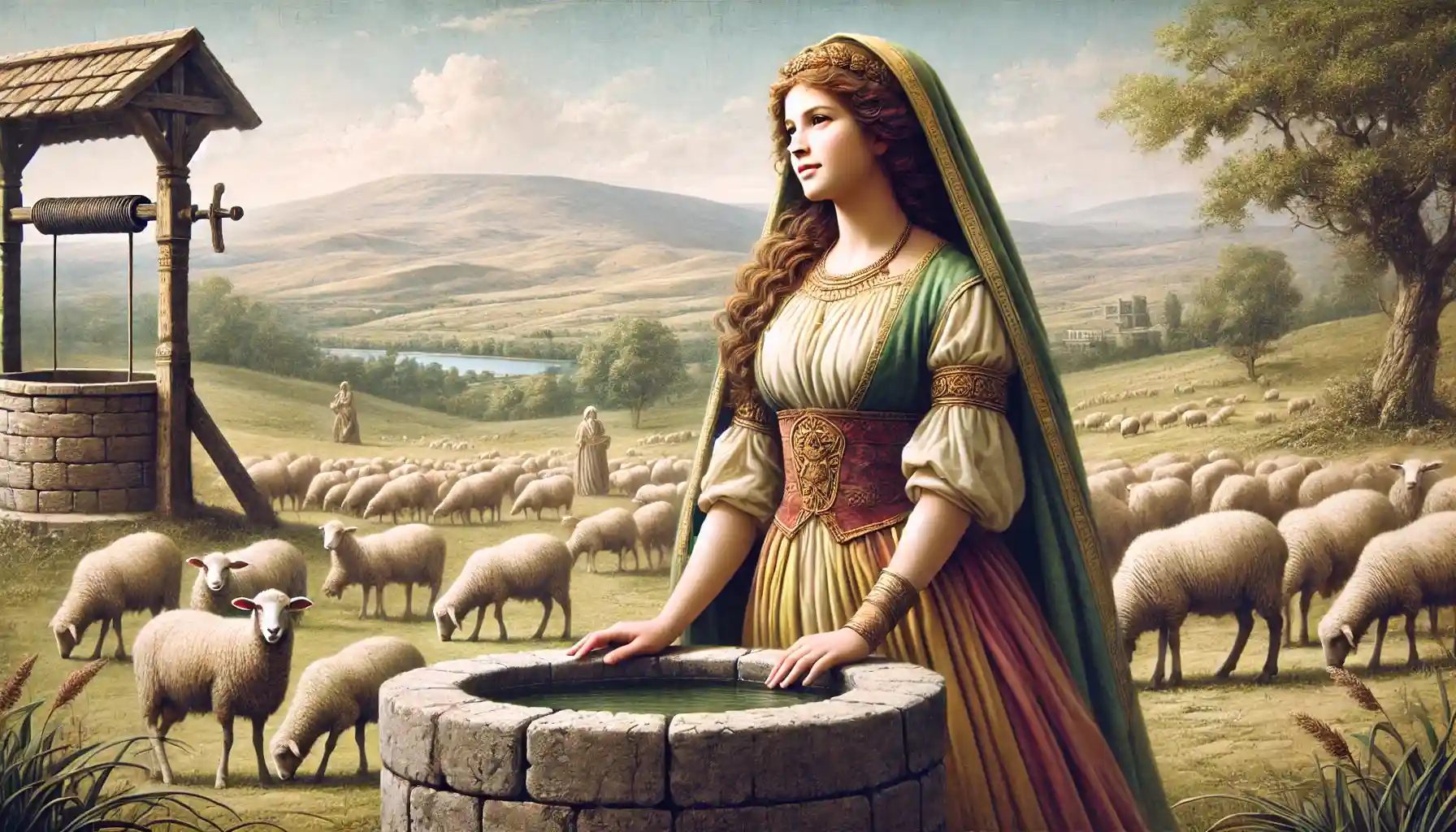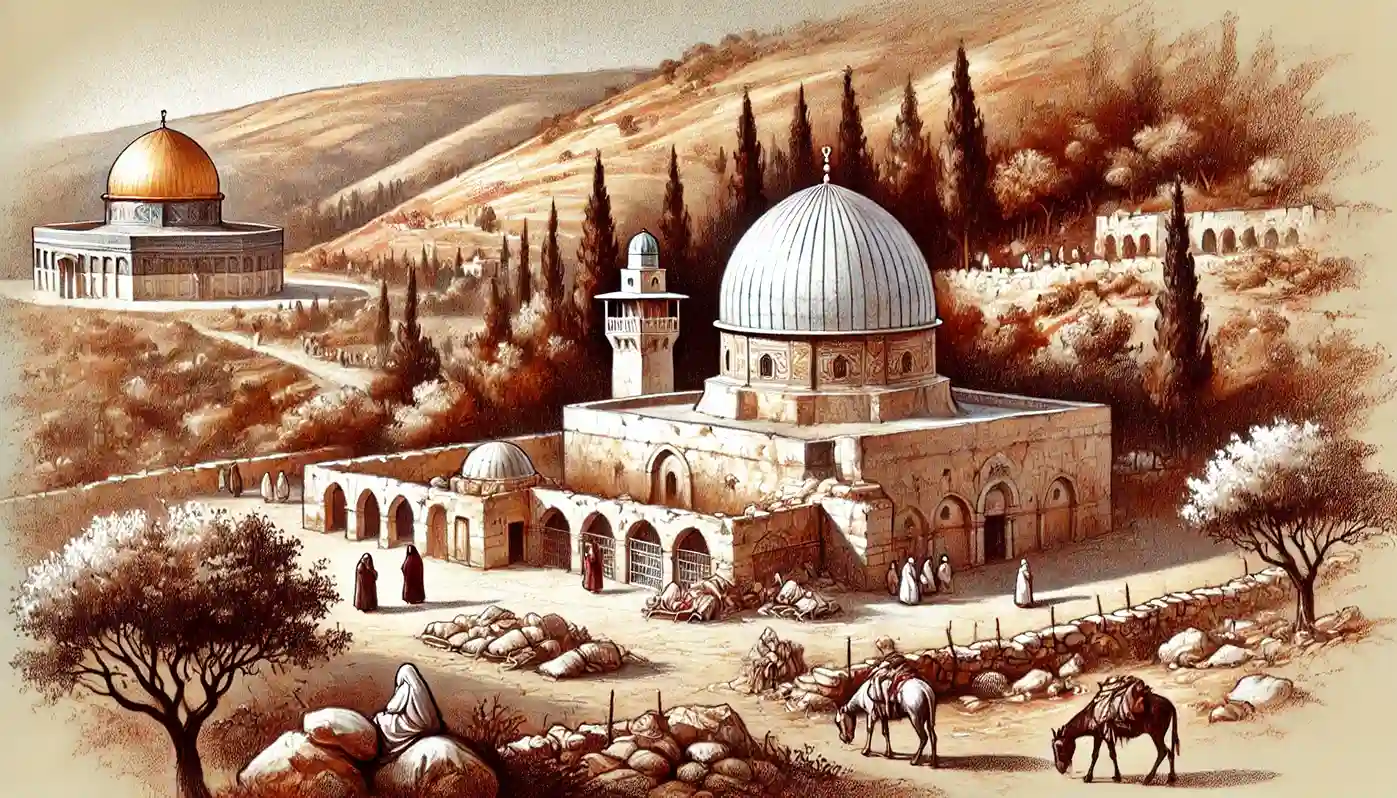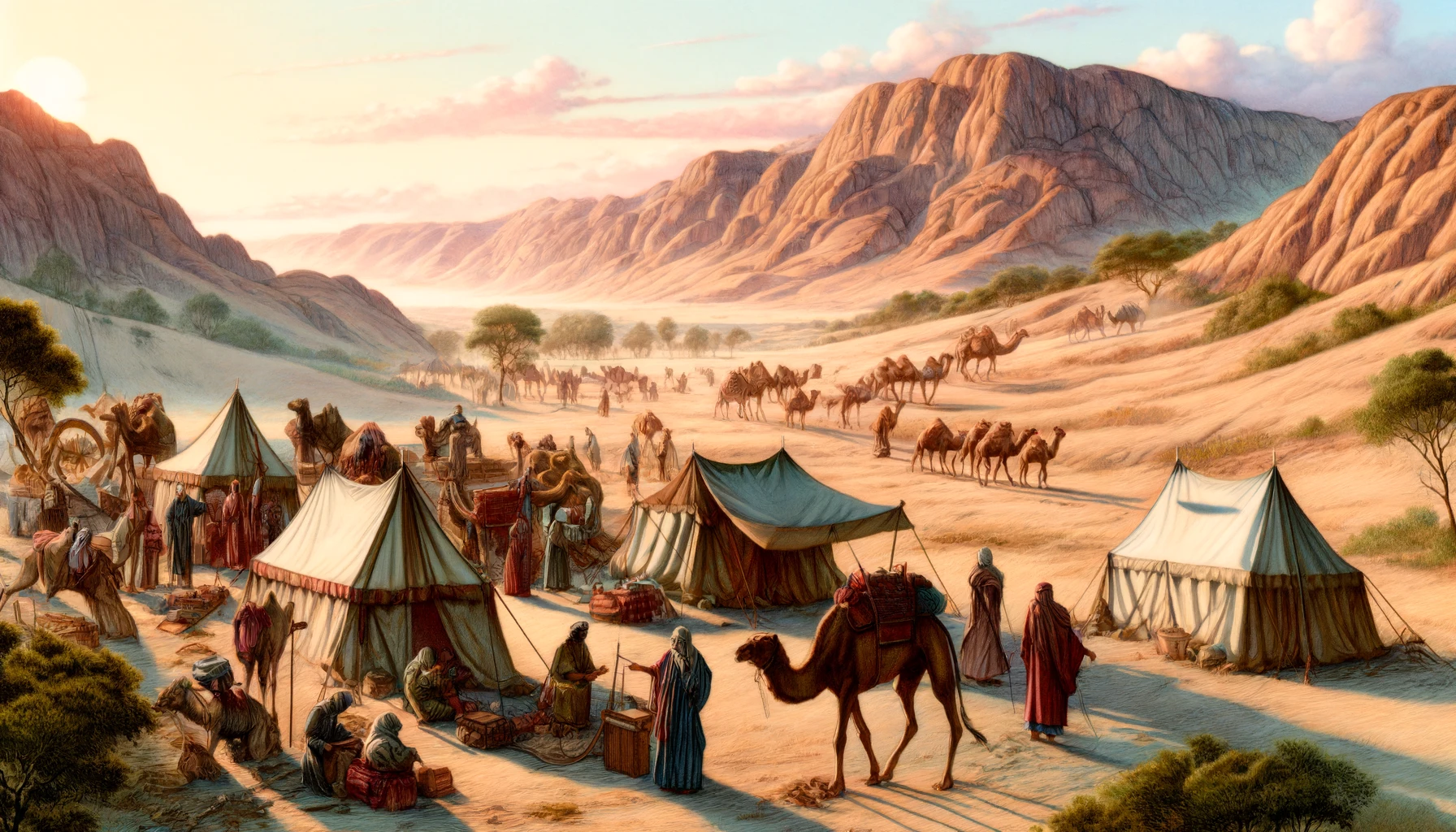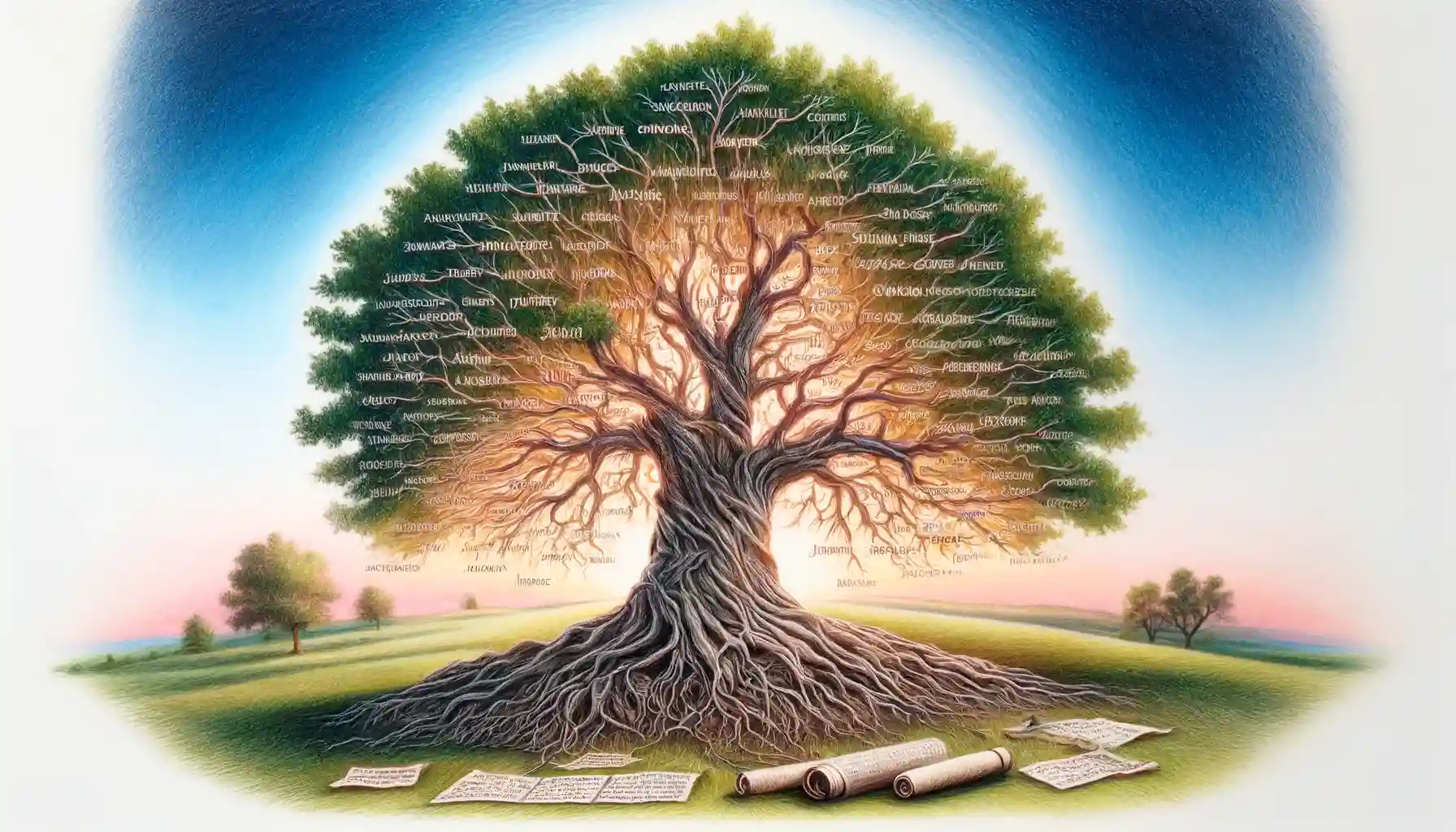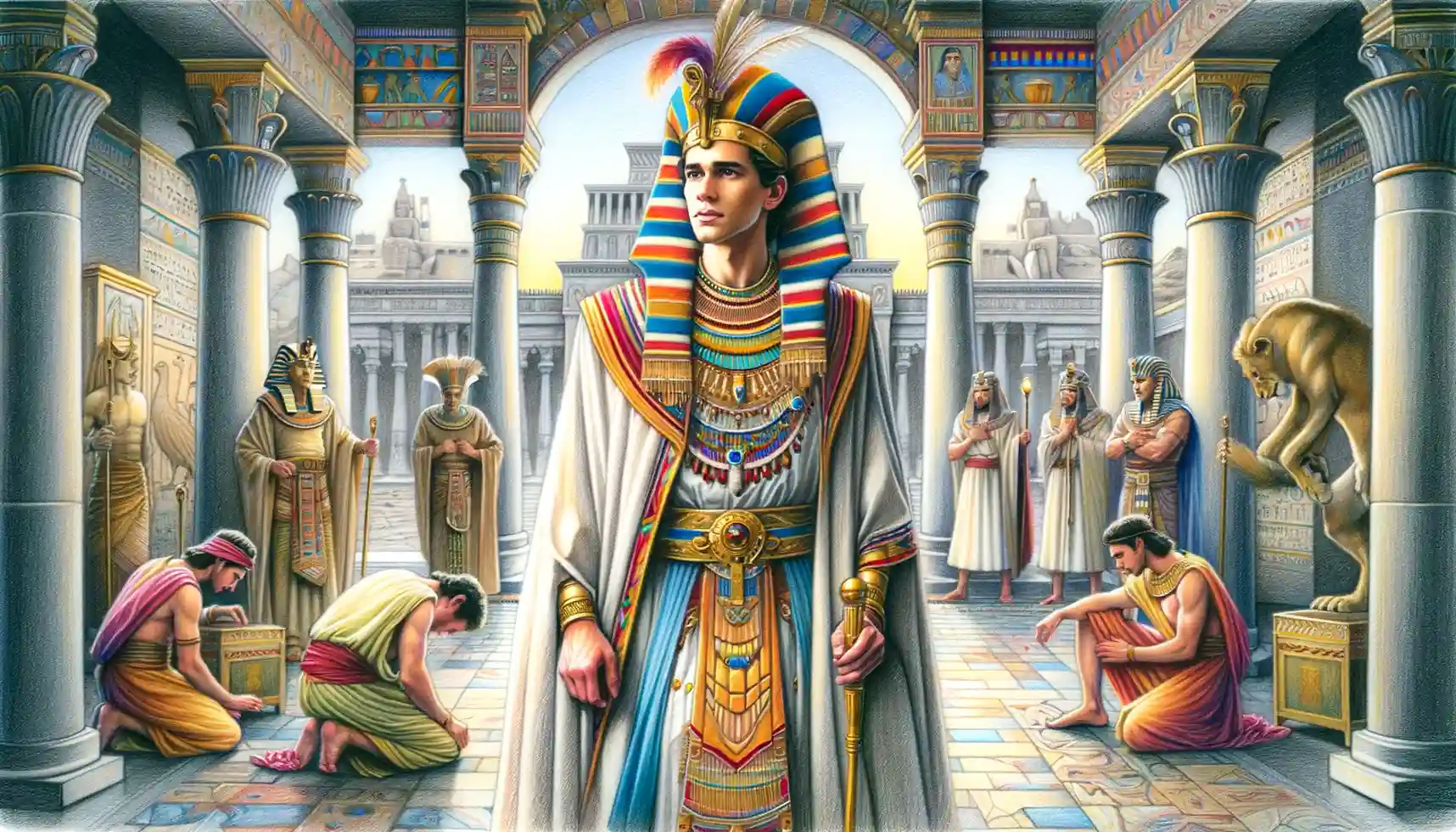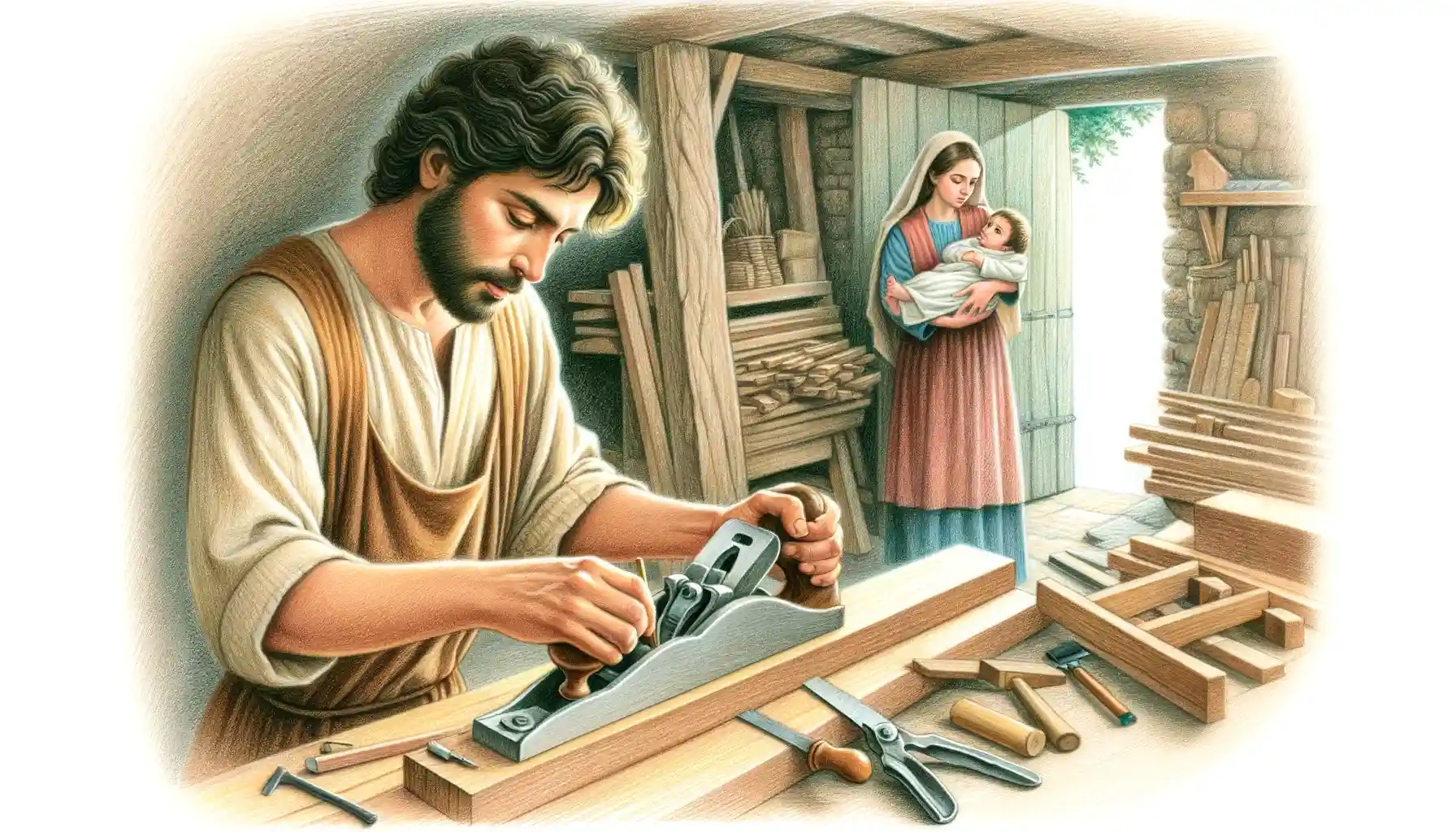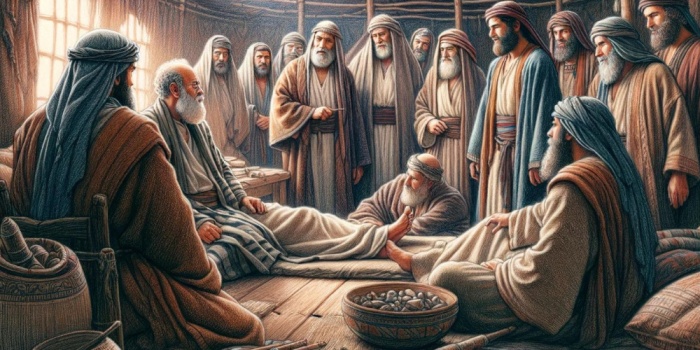Rachel, one of the matriarchs of Israel, was the beloved wife of Jacob and the mother of Joseph and Benjamin, whose story reflects themes of love, rivalry, and divine providence.
Rachel’s Tomb, located near Bethlehem, is a revered biblical site traditionally believed to be the final resting place of Rachel, Jacob’s wife, and holds profound historical, religious, and cultural significance for Jews, Christians, and Muslims.
The Midianites, descendants of Abraham’s son Midian, were a nomadic people known for their interactions with key biblical figures and their conflicts with the Israelites, most notably during the time of the Judges.
The genealogies of Jesus Christ, presented in Matthew 1:1-16 and Luke 3:23-38, trace His lineage through different ancestries and purposes, emphasizing His royal descent, fulfillment of prophecy, and connection to all humanity.
Joseph, the favored son of Jacob, known for his colorful coat and prophetic dreams, was sold into slavery by his brothers, rose to power in Egypt by interpreting dreams, and ultimately forgave and reconciled with his family, providing for them during a severe famine.
Joseph, the husband of Mary and a descendant of King David, served as the foster father of Jesus, working as a carpenter and providing crucial protection and support for his family during significant events such as the journey to Bethlehem, the flight to Egypt, and the return to Nazareth.
The Twelve Tribes of Israel, stemming from Jacob’s twelve sons, represent a diverse tapestry of destinies and roles within biblical narratives, from Reuben’s lost birthright and Judah’s royal lineage to Joseph’s fruitful legacy through Ephraim and Manasseh, each tribe embodies unique blessings and challenges that collectively contribute to the historical, spiritual, and moral legacy of the Israelite nation.

